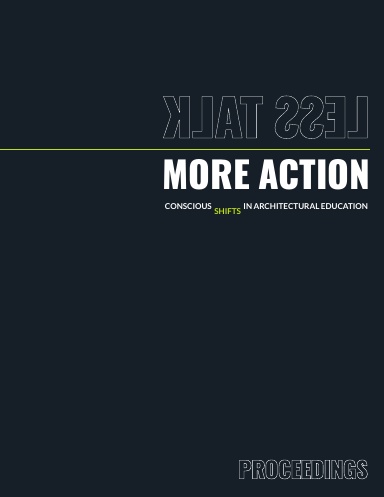Author(s): Julio Bermudez
Pilgrimage is an ancient spiritual practice used by most peoples around the world to enable individuals and groups to seek meaning, connection, forgiveness, transformation, healing, and even God. Pilgrims leave home behind, travel to unknown places with unknown people using different customs, language, etc. and therefore experience situations that are unfamiliar and often beyond their control. This demands the development of knowledge, attitudes and skills that often result in profound changes in the pilgrim’s way to conceive and deal with themselves, the world, and others. In other words, the practice of pilgrimage is educational in the most authentic sense of the word. In this paper, we will consider pilgrimage as a guideline to develop alternative pedagogies to advance difficult to attain learning objectives such as tolerance, compassion, social justice, and individual emancipation. Pursuing educational programs based on pilgrimage finds particular traction in today’s age of massive (ethnic, economic, religious, etc.) migrations, escalating (racial, class, gender, etc.) disparities between social margins and centers, and the economic, political, and cultural forces driving globalization and its growing counterpart, nationalism. The fundamentals of pilgrimage will be introduced along with reflections about its potential as a teaching device, revealing that there is more to pilgrimage-based pedagogies than traveling to faraway lands. Having had a committed personal experience of pilgrimage will be presented as a prerequisite for the success of this pedagogical agenda. An hour-long workshop utilizing a pilgrimage-driven pedagogy will be presented as a compressed example of this educational idea.
https://doi.org/10.35483/ACSA.FALL.19.24
Volume Editors
Amy Larimer, Deborah Berke, Diana Lin, Drew Krafcik, John Barton & Sunil Bald
ISBN
978-1-944214-24-1

 Study Architecture
Study Architecture  ProPEL
ProPEL 
